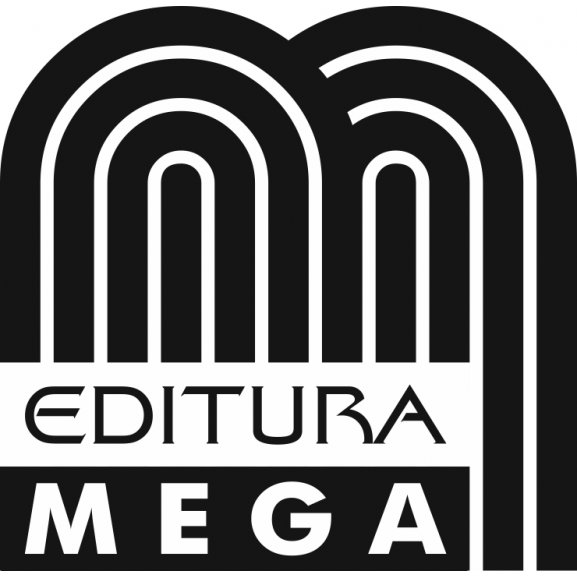Editorial Ethics
We encourage the publication of original, scientifically elaborated articles, in conformity with the publication rules of our journal. All submissions are considered by the Executive Editor in the first instance. The submissions are then read by the editorial board and assessed as per general academic quality, appropriateness to the field and compliance to the editorial rules and authors’ guidelines. The detailed description of the Guidlines for Authors is available here.
The accepted papers are peer-reviewed by a minimum of two experts. Submissions are assessed on the potential interest of new historical discoveries, ideas and methods and significance. The detailed description of the Peer Review Process is available here.
The Editorial Board must ensure that all material submitted to the journal remains confidential while under review. The Editorial Board and the editorial staff must not disclose any information about the submitted manuscript to anyone other than the corresponding author, reviewers, other editorial advisers, and the publisher. The detailed list of the Editorial Board is available here.
Privileged information or ideas obtained through the peer review process must be kept confidential and must not be used for personal advantage. Reviewers should not consider manuscripts in which they have conflicts of interest resulting from competitive, collaborative, or other connection with any of the authors, companies, or institutions connected to the manuscript.
We do not charge any fees to the authors for publishing in our journal.
The contributors should ensure that they have followed the principles of scientific research ethics and written entirely original works, and if the authors have used the work and/or words of others, that this has been appropriately cited or quoted. Plagiarism in all its forms constitutes unethical publishing behaviour and is unacceptable. Any case of redundant publication (publishing the same text twice), falsified data, incomplete acknowledgment of authors and contributors of a work, gift-authorship, conflicts of interests should be avoided.
Marisia is an open access journal. All content is freely available without charge to any user or his/her institution, as downloadable pdf files. Users are allowed to read, download, copy, distribute, print, search, or link to the full texts of the articles, or use them for any other lawful purpose and for non-commercial purposes, without asking prior permission from the publisher, giving the appropriate credit to the author and source. This is in accordance with the BOAI definition of open access.
Marisia journal appears annually in an edition of 150 copies and is distributed free on request in all public libraries and scientific centres of humanistic profile and other institutions in the country and abroad under the concluded Collaboration Agreement.
We do not accept any form of discrimination within our journal’s pages or in our evaluation process.
Responsibility over the contents of the papers belongs to the authors. The author grants the publisher unlimited rights to publish the work in any format and/or medium, whether for gain or any other purpose.
According to the requirements of CNCSIS and international databases, each author will provide data regarding the institutional affiliation and contact, which will be made public within the articles.
Publication ethics and malpractice statements for the journal Marisia are based on Publishing ethics resource kit of Elsevier and follows the internationally accepted recommendations of the Committee on Publication Ethics and are based on the guidelines of Best Practice Guidelines for Journal Editors (COPE).


